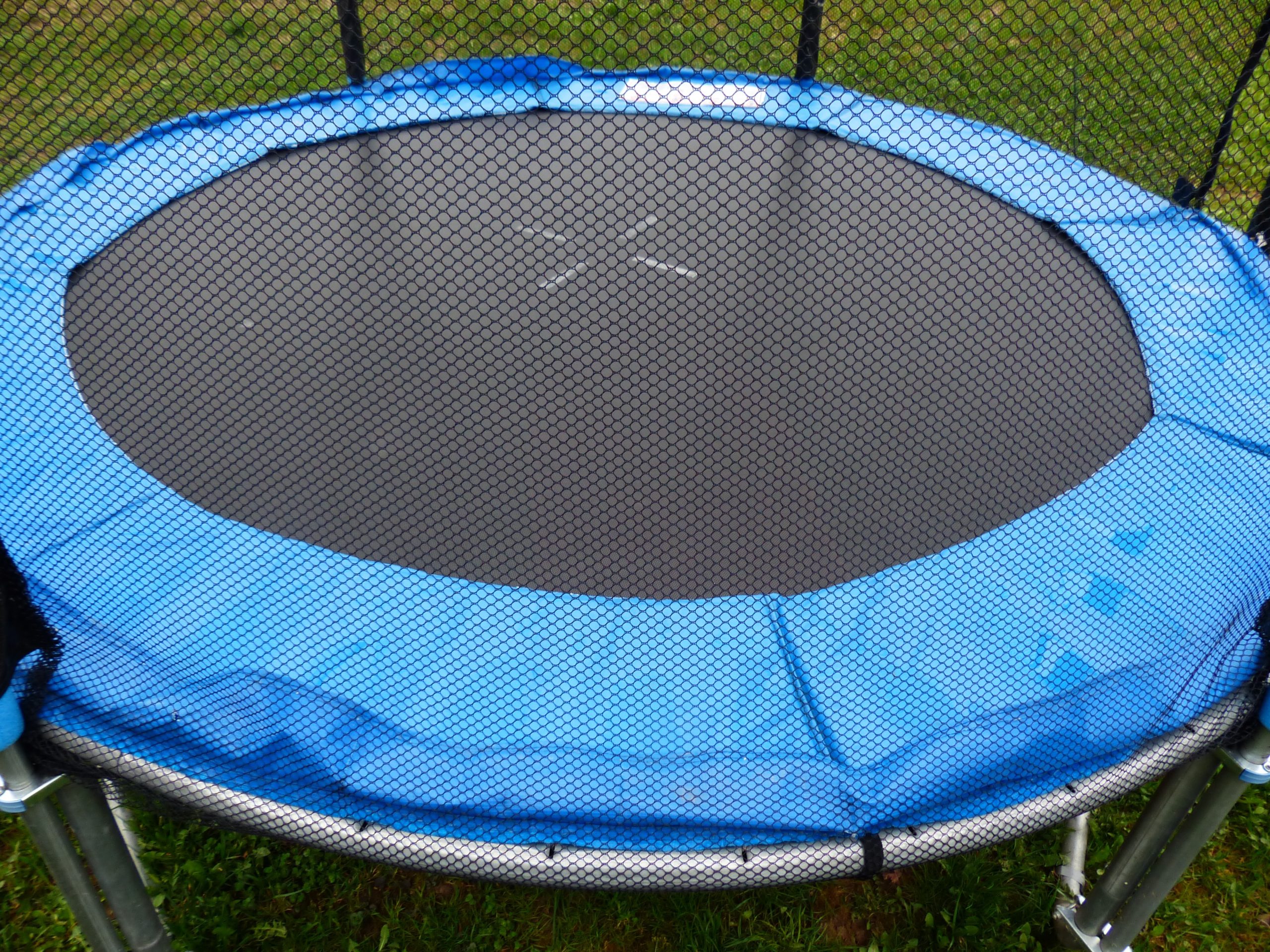
The Advocate recognized attorney Jeff Berniard for representing families impacted by the Smitty’s Supply chemical plant explosion and fire.
The Advocate recently recognized Attorney Jeff Berniard and the Berniard Law Firm for their role in representing families displaced by the Smitty’s Supply explosion and fire in Tangipahoa Parish. Read the full Advocate article here.
The feature highlights Berniard’s track record of success in large-scale litigation. Over his career, he has served as class counsel and lead counsel in numerous high-profile cases, including lawsuits involving chemical leaks, defective products, insurance bad faith practices, and environmental disasters.
 Insurance Dispute Lawyer Blog
Insurance Dispute Lawyer Blog


 This
This  In a victory for consumer rights, the
In a victory for consumer rights, the  In a ruling emphasizing the critical importance of adhering to legal deadlines, the
In a ruling emphasizing the critical importance of adhering to legal deadlines, the  In a recent Louisiana Court of Appeal decision, the court reinforced the importance of the
In a recent Louisiana Court of Appeal decision, the court reinforced the importance of the  Sometimes, those delightful recreational activities we all enjoy carry an inherent risk. Often, we assume the risk of those injuries when we engage in that potentially reckless conduct. Knowing your legal options following these injuries is necessary, mainly because recovering for these somewhat ordinary injuries can be difficult. What does it look like when a party cannot recover for a recreational injury–here, an injury from a trampoline park visit?
Sometimes, those delightful recreational activities we all enjoy carry an inherent risk. Often, we assume the risk of those injuries when we engage in that potentially reckless conduct. Knowing your legal options following these injuries is necessary, mainly because recovering for these somewhat ordinary injuries can be difficult. What does it look like when a party cannot recover for a recreational injury–here, an injury from a trampoline park visit? When an injury related to a product occurs, assigning fault can involve multiple parties. In personal injury litigation, crucial legal questions arise regarding whom the plaintiff can seek compensation from, if anyone, and the underlying theory of liability. The following case offers a valuable exploration of common liability theories often encountered in product-related injury cases.
When an injury related to a product occurs, assigning fault can involve multiple parties. In personal injury litigation, crucial legal questions arise regarding whom the plaintiff can seek compensation from, if anyone, and the underlying theory of liability. The following case offers a valuable exploration of common liability theories often encountered in product-related injury cases. A minor is generally unable to bring a lawsuit on their behalf. As seen in the following case, this can lead to disputes about who the proper party is to bring a lawsuit for the minor.
A minor is generally unable to bring a lawsuit on their behalf. As seen in the following case, this can lead to disputes about who the proper party is to bring a lawsuit for the minor.  When an item is repaired, it is reasonable to expect it to be safe and free of defects upon its return. However, when an injury occurs after a product’s repair, the injured party is entitled to seek damages. For example, Joe McPherson suffered a knee injury after the battery compartment of a tractor, which Ronald Dauzat repaired, fell apart. The question of negligence and responsibility arose, leading to a legal dispute and subsequent appeal.
When an item is repaired, it is reasonable to expect it to be safe and free of defects upon its return. However, when an injury occurs after a product’s repair, the injured party is entitled to seek damages. For example, Joe McPherson suffered a knee injury after the battery compartment of a tractor, which Ronald Dauzat repaired, fell apart. The question of negligence and responsibility arose, leading to a legal dispute and subsequent appeal. An important safeguard in the law is the requirement for an accusing party to support its allegations with facts and, ultimately, evidence. There are multiple reasons to have this protection in place. Proceeding with a claim that makes a wrong conclusion against another party would not be particularly fair or just, nor would it be an effective use of court resources.
An important safeguard in the law is the requirement for an accusing party to support its allegations with facts and, ultimately, evidence. There are multiple reasons to have this protection in place. Proceeding with a claim that makes a wrong conclusion against another party would not be particularly fair or just, nor would it be an effective use of court resources.